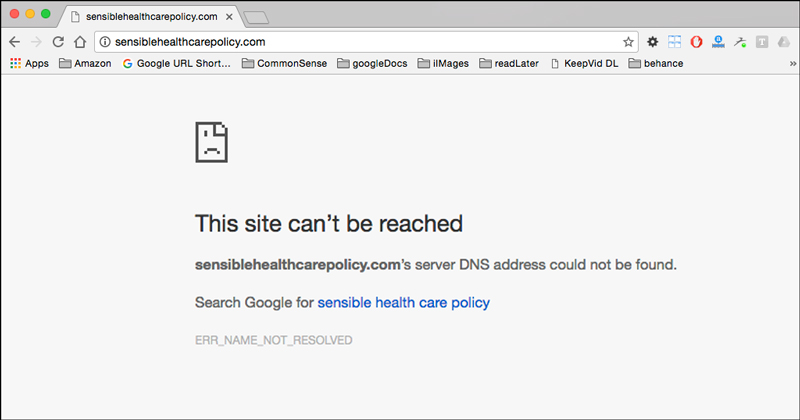Last week’s murder — assassination — of UnitedHealthcare CEO Brian Thompson on the streets of Manhattan has inspired something more than a mere resurgence of gallows humor. The proliferation, online, of laughter emoji reactions to the story is unsettling, to say the least.
Then there are the hardcore “memes” scorning Mr. Thompson’s medical insurance company and mocking his death — what are we supposed to make of it all?
Well, the virtuous response is to condemn the schadenfreude and mean-spiritedness.
But some of the jesting is indeed pointedly funny.
“All jokes aside,” runs the best of them (from BlueSky, the left’s alternative to X), “it’s really fucked up to see so many people on here celebrating murder. No one here is the judge of who deserves to live or die. That’s the job of the AI algorithm the insurance company designed to maximize profits on your health and no one else.”
Which brings us to the nib of it.
As the prospective Trump Administration puts its ducks in a row to hit the ground running in January, the “health issue” that RFKj and others have pointed to is the heavily regulated and subsidized food and drug industries, which are making us sick. The question of paying for medical care was supposed to have been solved by “Obamacare” a decade ago, but prices have only risen … and resentments along with them.
The author of that BlueSky tweet and virtually all Democrats today, think the answer to the insanity of our government-regulated “private” health insurance system is full-bore socialized medicine.
Our money-grubbing leaders know that would be a disaster, but they have only kicked the chaos we’ve inherited from the terrible policy choices of yesteryear down the road.
I’m left with nothing funny to say about that.
This is Common Sense. I’m Paul Jacob.
Note: As this episode was put to bed, the biggest update to the story was the announcement of a suspect, or “person of interest”: Luigi Mangione. Make of that what you will.
Illustration created with Flux and Firefly
See all recent commentary
(simplified and organized)
See recent popular posts





